PSI discusses Myths about Online Therapy!
Myth #1: Telepractice is an inferior therapy model and not face-to-face.
 Reality: VirtualPSI is a face-to-face service delivery model accomplished electronically. Students engage in real-time, state-of-the-art digital platform with a trained, state and nationally certified professional. Studies have shown that telepractice outcomes match, and at times, exceed traditional therapy models
Reality: VirtualPSI is a face-to-face service delivery model accomplished electronically. Students engage in real-time, state-of-the-art digital platform with a trained, state and nationally certified professional. Studies have shown that telepractice outcomes match, and at times, exceed traditional therapy models
Myth #2: Students have a difficult time engaging in telepractice because the technology is complicated and cumbersome.
 Reality: Today’s students are considered “digital natives” and have been exposed to technology since birth. VirtualPSI’s digital platform provides a dynamic, yet uncomplicated electronic environment to achieve their goals.
Reality: Today’s students are considered “digital natives” and have been exposed to technology since birth. VirtualPSI’s digital platform provides a dynamic, yet uncomplicated electronic environment to achieve their goals.
Myth #3: Online services limit interactions with other staff members.
Reality: VirtualPSI’s digital platform provides the optimal environment for teacher collaboration and open communication with the special education team. With the click of a button, our staff professional can participate in meetings, attend parent conferences, collaborate with building staff members and administrators, and contribute necessary information, as needed. Participation is seamless, timely and effective.
Myth #4: Telepractice is electronically unsafe.
Reality: VirtualPSI uses a state-of-the-art encrypted platform that adheres to HIPAA guidelines. Additionally, VirtualPSI’s licensed professionals are held to the same standards and code of ethics of service delivery as when services are delivered in person.
 What should you do next? For more information or a VirtualPSI demo call 800.841.4774 ext 257 or e-mail [email protected].
What should you do next? For more information or a VirtualPSI demo call 800.841.4774 ext 257 or e-mail [email protected].
Learn more by clicking here.



